PERSPECTIVES,
INSIGHTS
& PRIORITIES
17 Leaders
Speak Freely
of Librarianship
Edited by
NORMAN HORROCKS
With a Foreword by
ED KURDYLA

SCARECROW PRESS, INC.
Published in the United States of America
by Scarecrow Press, Inc.
A wholly owned subsidiary of
The Rowman & Littlefield Publishing Group, Inc.
4501 Forbes Boulevard, Suite 200, Lanham, Maryland 20706
www.scarecrowpress.com
PO Box 317
Oxford
OX2 9RU, UK
Copyright 2005 by Norman Horrocks
All rights reserved. No part of this publication may be reproduced, stored in a retrieval system, or transmitted in any form or by any means, electronic, mechanical, photocopying, recording, or otherwise, without the prior permission of the publisher.
British Library Cataloguing in Publication Information Available
Library of Congress Control Number: 2005925760
ISBN 978-0-8108-5355-3
 The paper used in this publication meets the minimum requirements of American National Standard for Information SciencesPermanence of Paper for Printed Library Materials, ANSI/NISO Z39.48-1992. Manufactured in the United States of America.
The paper used in this publication meets the minimum requirements of American National Standard for Information SciencesPermanence of Paper for Printed Library Materials, ANSI/NISO Z39.48-1992. Manufactured in the United States of America.
CONTENTS

ED KURDYLA
ISMAIL ABDULLAHI
CAMILA ALIRE
JOHN N. BERRY III
TONI CARBO
MARY K. CHELTON
GINNIE COOPER
LEIGH S. ESTABROOK
BARBARA J. FORD
MICHAEL GORMAN
KEN HAYCOCK
PATRICK JONES
GILLIAN MCCOMBS
KATHLEEN DE LA PEA MCCOOK
JAMES G. NEAL
LOTSEE PATTERSON
MOLLY RAPHAEL
ANN K. SYMONS
FOREWORD
ED KURDYLA

THE IDEA FOR THIS BOOK arose during a breakfast meeting I had with Norman Horrocks. Indeed, it is safe to say that Norman was the inspiration. Despite being interrupted constantly by passersby, all of whom knew Norman and felt obliged to greet him, our discussion of issues large and small was wide ranging and lively, serious and humorous. While listening to Norman I realized that his wisdom and insight were treasures that must be preserved and passed on. While Norman in many ways is sui generis, I realized there were many other luminaries in the profession whose thoughts were important to all of us and to those who will follow. Not thoughts and ideas stemming from research or couched in scholarly essays, but personal thoughts, personal insights, evaluating their lifes workindeed, their livesin terms of librarianship or the reverse.
Norman liked the idea. We appointed him editor and gave him a free hand to select a diverse group of contributors. Norman, in turn, gave the contributors a free hand to write whatever they wished, in any style or format they preferred. Honestly, we werent quite sure what would result, how the essays would fit together, if they would fit together. Some contributors asked for a bit more guidance or structure, but we declined, arguing that placing the onus on them would result in a more personal, more forceful, and more honest contribution. We were right.
This extraordinary book defines and describes librarianship and library science through insightful essays contributed by seventeen recognized leaders of the profession. While each essay presents a unique perspective and approach, collectively they paint a picture of a humane and human profession central to and concerned with the cultural, social, political, and intellectual underpinnings of civilization. Often challenging and provocative, often moving, always engaging, the essays reflect a diverse and complex profession and the values, beliefs, practices, and philosophies that make it unique and vital.
The essays take a variety of approaches: historical analysis, personal recollection, career review, political or social commentary, intellectual or philosophical musings, short- and long-range forecasting. Even when the essays address issues of a practical nature, they raise issues of concern in a broader context. The role of libraries in a democratic society is examined through the historical perspective of the Boston Mandate of 1852, the most recent U.S. presidential election, and the current strain of censorship and battles over intellectual freedom. What is the proper role of libraries as social organizations advocating societal reform and working toward the common weal? What is the role of government and politics in the profession? What is the responsibility and role of the library in determining or advocating public policy? If, as one essay argues, our professional concern should center not on information or fact, but on truth, can we avoid political action and political repercussion? These are weighty issues addressed not only with passion, but with a freedom and honesty seldom encountered.
As this book was being prepared, I came across notes I took while attending my first ALA Annual Conference, in Detroit in 1977. I was a student at the University of Michigan School of Library Science, now the Library and Information Services Specialization (Library and Information Science) in the School of Information. I remember feeling challenged and frustrated, even angry, by what obviously was a failure of the citizenry to understand and appreciate the noble endeavors I planned to undertake in the coming years. I thought the questions and issues were simple and could be addressed and resolved simply. As I read and reconstructed the notes nearly three decades later, I was struck by my now ambivalent feelings toward many of the issues raised.
[From my notes:]
In a world where information is a driving force for economic, political, social, and cultural development librarianship should be recognized as one of the noblest, most significant, and most attractive professions. Librarians should be lionized, and they should be compensated accordingly. Instead, the general public misunderstands librarianship, at best, and the specific constituencies and communities they serve under value librarians too often. Among the major professions, and I believe librarianship is one of the few true professions in the traditional sense as defined a generation ago by the venerable International Encyclopedia of the Social Sciences, librarianship is, perhaps, the least materially rewarding. Among the true professions, librarianship arguably earns the least respect and status for its members.
Why is this true? Some have argued it is a failure of the leading professional associations, the American Library Association (ALA) in the United States being the most prominent and most culpable, to advocate for the significance of librarianship in society. Others have argued that library science, itself, lacks the intellectual foundation and rigor necessary to qualify as a science and the philosophical structures necessary to qualify as a bona fide academic discipline and the basis of a profession.
Needless to say, the issues remain, as do many others related to and intertwined with them. The Issues & Advocacy section of the ALA website delineates several topics:
Accreditation; Advocacy for Libraries; CIPAexpand; Diversity; Education and Continuing Learning; Ethics; Human Resources; Intellectual Freedom/Censorship; International Relations; Literacy; Outreach; Recruitment; Best Practices
While most of the issues and topics above are addressed in the essays in this book, there are no simple answers and conclusions presented. I believe, however, that most readers will draw conclusions and recognize many de facto values, beliefs, ideas, and ideals that have evolved to define librarianship.


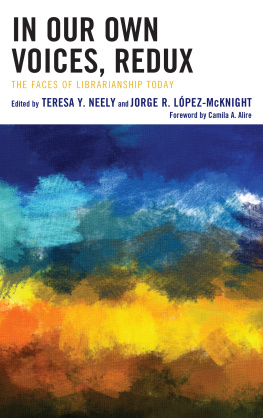
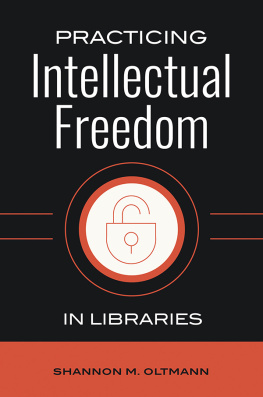
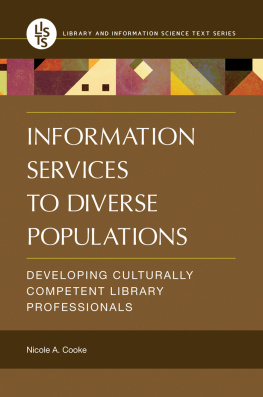
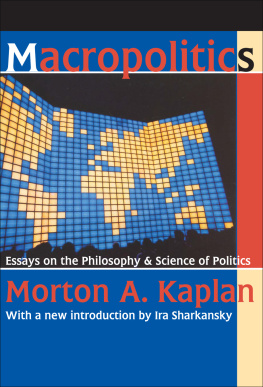
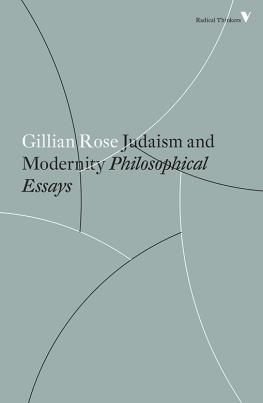
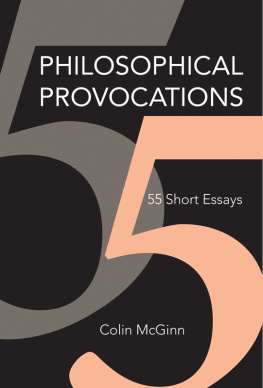
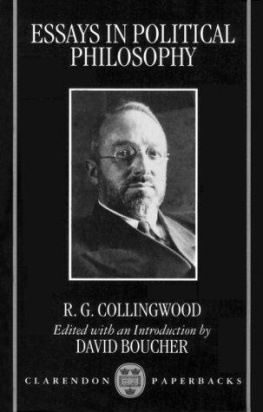

 The paper used in this publication meets the minimum requirements of American National Standard for Information SciencesPermanence of Paper for Printed Library Materials, ANSI/NISO Z39.48-1992. Manufactured in the United States of America.
The paper used in this publication meets the minimum requirements of American National Standard for Information SciencesPermanence of Paper for Printed Library Materials, ANSI/NISO Z39.48-1992. Manufactured in the United States of America.